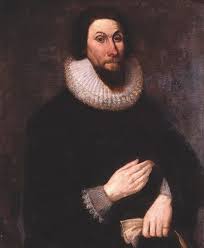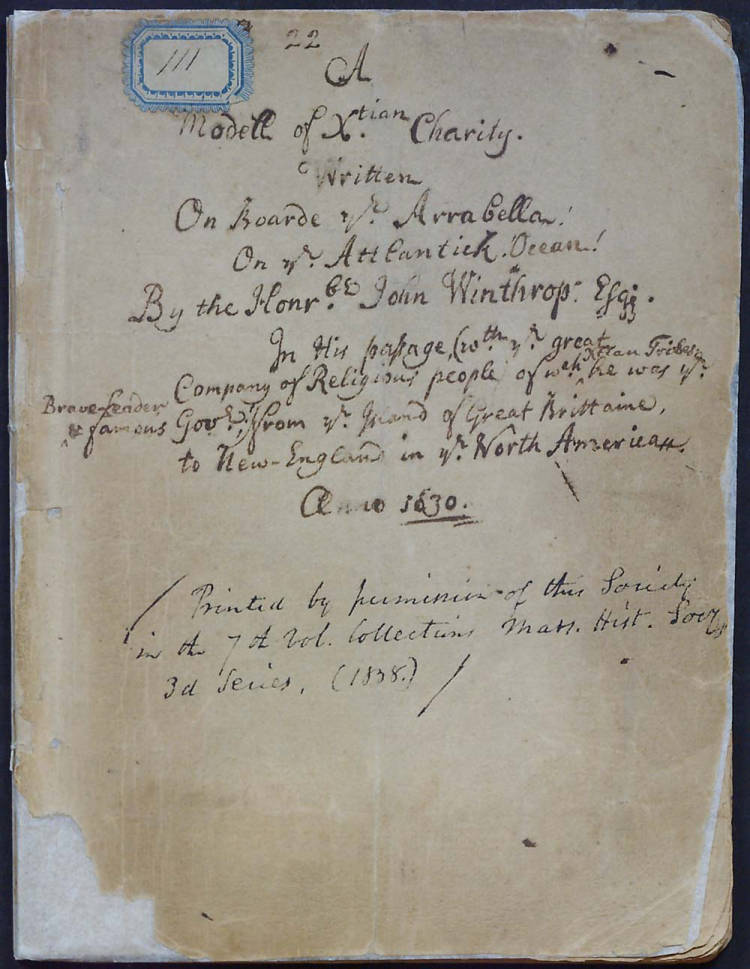Welcome to this course
Dear learners,
Hello, I’m Yi and I’m the developer of this course, which was created for my dissertation project in the Brandeis University English department. But onto the more exciting stuff.
This course, “How to Communicate with a New England Puritan: Puritan Media, Materials, and Motives,” should help you learn exactly that- the ways in which the New England Puritans passed along messages, stories, and ideas and why they did so. You will learn via listening to different 10-20 minute lectures; responding to discussion questions; responding to other learners’ responses; completing group activities; and more!
The backbone of the course is the 22 lectures I have created. I know it can be hard to sit through lectures, but they’re also available on podcast platforms like Apple Media, so you can listen to them while shuttling around to different activities in your day. You can listen to a few of them (start anywhere) and then start responding to the discussion questions in the discussion forums (at the bottom of each lecture webpage). If you want to work in a group to learn the course material, you can check out the Group Project options (described in Ways to Learn and Engage). You can make your own group or ask to be put into a group. You will work together with other learners to create a presentation that you can deliver in a meetup where I and other learners would be present. The Live Meetups page displays some currently scheduled meetups. Meetups are a chance for me to meet and interact in-person with learners and to give learners the chance to interact in one space, so I hope you can come to one.


John Winthrop, New England Puritan lawyer and governor and a copy of his famous sermon, “A Modell of Christian Charitie”. (Learn more in the lecture “Why do the Puritans Matter Today?“!)
As for why I decided to create this course, I think that the Puritans in early New England are a really thought-provoking and exciting group of people and it would be helpful for locals to know about the Boston and New England history (for those who are taking this course and residing in the Boston area). At the same time, I hoped to provide resources about analyzing and reflecting on our communications media today. This course contains both information on the Puritans as well as explanations of media frameworks; it describes and interprets who the Puritans were by examining their media. For those of you who live in the Boston area I hope you can learn about local history and gain knowledge and skills to analyze the media that you use, at the same time.
Again, you can start anywhere, with whatever seems useful or interesting to you! However, if you are completely new to the Puritans or early New England and want some background, you can start with “Who Were the Puritans?” and “Why Do the Puritans Matter Today?” Angels, a topic on which I have a lecture, have been a useful theme that have triggered many of my interpretations of the Puritan media as more fluid and diverse than we might think. The course consists of 5 units: an introduction and background information unit; “Uniquely ‘American’ Puritans,” which explores how distinctive the Puritans and their media might have been; “Unusual Puritan Media: What You Might Not Expect,” which explores media that we might not think about when we think about the Puritans; “Speech and Writing: Is There More to These Media Than We Think?” which focuses specifically on the media of spoken words and written words in Puritan society; and last but not least, “Mixing It Up: Hybrid and Alternative Modes of Communication,” which discusses unconventional uses of media as well as the impact of Native media on early New England. I state the learning goals for each lecture at their beginnings; the goals should help you to focus on what to understand in each lecture. The discussion questions should help you to reach the learning goals.
Have fun, and I’ll look forward to reading your responses in the discussion forums! (or seeing you at a meetup!)
Sincerely,
Yi